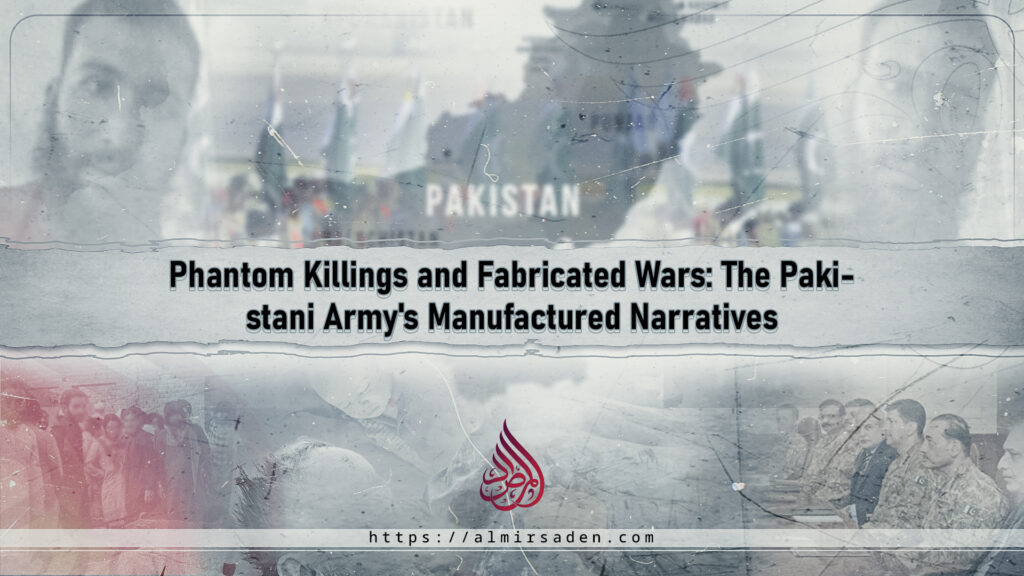For years, the Pakistani regime has sought to conceal its failures by shifting the blame for every security setback onto Afghanistan. What began as a convenient scapegoating strategy has grown into a brazen campaign of deception. In a calculated effort to mislead both its citizens and the world, Pakistan’s military establishment has begun fabricating accounts of assassinations and attacks allegedly carried out inside Afghanistan.
One such fabrication surfaced recently when accounts linked to the military’s public relations wing, the Inter-Services Public Relations (ISPR), claimed that unidentified gunmen in Helmand had killed the commander of the Baloch Liberation Army (BLA), a group opposed to Islamabad. Soon after, another false narrative emerged: that a man named Mohammad Ehsani, described as an ISIS operative once active in Peshawar, had been shot dead in Mazar-i-Sharif. Security officials, however, firmly rejected these claims, stressing that no such killing had occurred in the city and that ISIS has no commander by that name.
These reports are not isolated incidents but part of a broader pattern of narrative warfare. When Pakistani warplanes violated Afghan airspace in late August and bombed civilian homes in Khost and Nangarhar, ISPR-linked outlets denied responsibility, claiming instead that the homes were hit by rockets fired during clashes between rival anti-government groups inside Pakistan.
To prop up these false accounts, Pakistan’s military propagandists went even further. Victims’ testimonies were mistranslated to distort their meaning, fabricated news reports were circulated, and staged interviews with so-called political experts were broadcast. The entire campaign was designed to cloak the military’s actions in layers of disinformation. A similar script was followed during the recent bombardments in Tirah, where the deaths of dozens of civilians were conveniently attributed to the explosives of “enemy groups” rather than to Pakistan’s own air raids.
Both Afghans and ordinary Pakistanis are under no illusions about what lies behind these fabrications. The country has been effectively hijacked by a small circle of corrupt generals who resort to phantom killings, staged wars, and false accusations to conceal their shortcomings and keep the dollars flowing from abroad. But the generals would do well to remember that today’s Afghanistan is not the Afghanistan of 2001, and the world, too, has changed. Step by step, their deceptions will be unmasked and eventually they will face the consequences of their actions.
